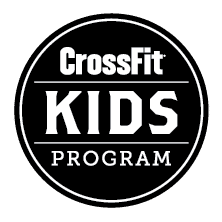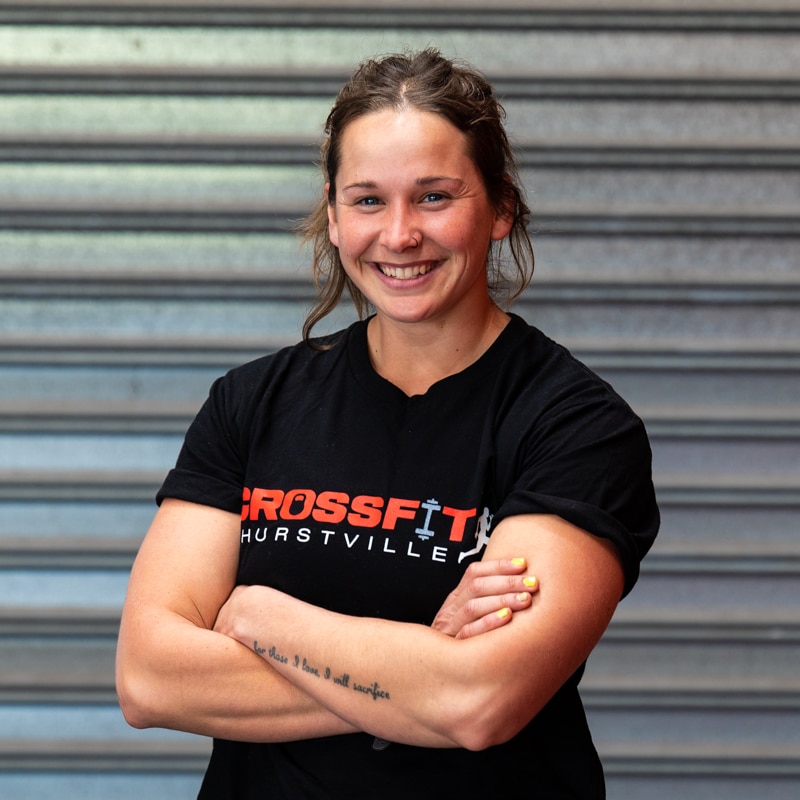Some people from our community, and a lot of people in the wider community, will be entering the month of Ramadan on Friday. This means no consumption of food or liquid from dawn to sunset or from about 6:00am until 5:00pm each day for one month. Luckily for us in Australia, our days are only 11 hours long!
Now with COVID-19, this Ramadan is going to be completely different. You won’t be visiting family or friends and you won’t be eating out at restaurants. Additionally, you will not be going to your holy place to pray. Everything will be done at home.
This doesn’t have to be a negative though. Being at home means you have a lot more control of the foods being prepared and the training that you do. However, it will require motivation and self-discipline.
If you are entering the month of Ramadan with the mindset that you will be too tired to train and you will lose everything you have gained, that will happen. Personally, I have found that if I set a reasonable goal at the start of the month and tell myself that the aim is to maintain and not gain during this month, I will do it.
I have seen many of my family and friends almost completely give up on their health and fitness during this time. I don’t believe that this is necessary. Taking a whole month off proper nutrition can be really harmful and can be very hard to bounce back from. It’s best to accept that it’s going to be tough. That you most likely will not be making any steps forward in terms of PRs or body composition. But that DOES NOT mean you need to take any steps backward.
You CAN maintain your body, your health and your fitness if you are smart about it.
Here are my tips on training and nutrition during Ramadan:
- Be prepared:
The night before, prepare the food you plan on eating in the morning for Sahoor (pre-fasting meal). That way you are not racing in the morning to figure out what you should eat. You are more likely to make healthier choices when you have got a full belly the night before AND when you have time to think. - Consume a good amount of calories in the morning:
You want a good combination of high protein food (a protein shake or eggs), slow digesting carbs (oats) and fats (avo, peanut butter or desiccated coconut) to get you through the day. I will usually get a tub of mass gainer protein (specifically, BSN True Mass) because for me, I know that I am not that hungry in the morning after eating my heart out the night before. So consuming liquid calories is much easier for me. - Drink plenty of water:
I cannot stress this enough! 1-2 litres of water. I get started on the water as soon as I am awake. It is really important not to skip this as you will not be able to continuously hydrate yourself throughout the day. - Take some rest through the day:
Minimizing technology helps. Have frequent short breaks from computer screens and phones. Also, if you work from home and start work early, an afternoon nap is a good idea before dinner and training. - When to train:
From personal experience, I have found the optimal time to train is 1.5-2 hours post breaking fast after sunset (approximately 6:30pm-7pm) with the workout lasting 30 – 60 minutes ONLY. - How to eat around your training:
From personal experience, the best way that works for me is to break my fast with a smaller meal that is high in protein and carbs and low in fat (because it leaves me feeling groggy). After my training session, I will then have my second dinner where I will consume most of my calories. Both meals are the same except the second serving is much bigger.Note- This will require some discipline so you will need to be clear on WHY you are eating this way. Set your intentions early, your WHY will always defeat your desire to consume more in that first meal. - Training intensity:
Resistance training is best completed at moderate intensity. Focus on doing technique work, smart accessory work, unilateral work (Dumbbells and Kettlebells etc.) and rehabilitation. Use this time to strengthen the joints and tendons preparing yourself for the return to lifting after Ramadan.
You can expect conditioning to feel a little harder. It is also important to remember that your body isn’t as fueled as usual, so lowering the intensity of conditioning workouts is a good option. - Training Template:
- A suitable training template for Ramadan is:
- Monday – Upper Body Push/Pull Strength Session
- Tuesday – Conditioning
- Wednesday – Rest
- Thursday – Lower Body Strength Session
- Friday – Conditioning
- Saturday – Rest
- Sunday – Midline and Mobility (stretching for 45mins)
Plan for success and you will come out of this month with what you came in with.
If you want some guidance with your nutrition and training in this time please reach out and we can help you.
Best of luck and Ramadan Mubarak to you and your families.
Coach Del













